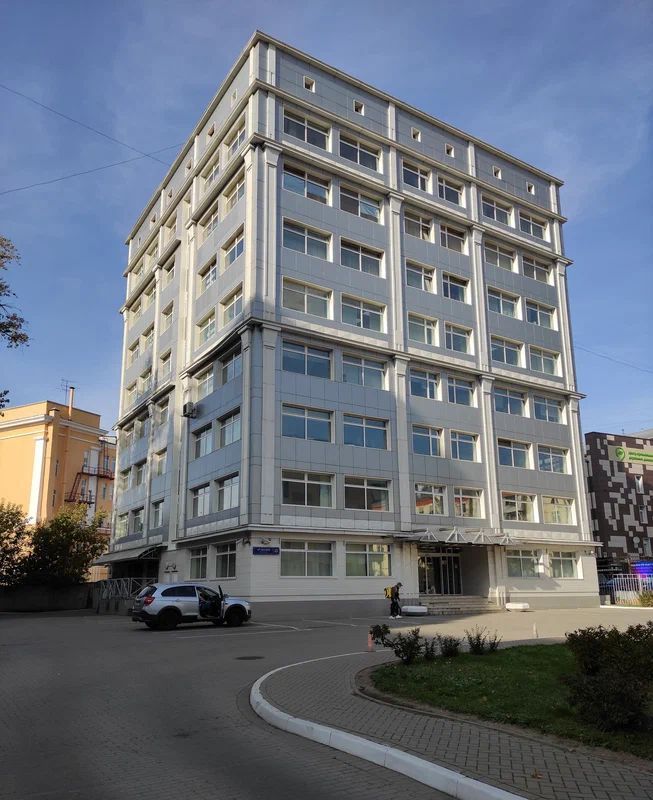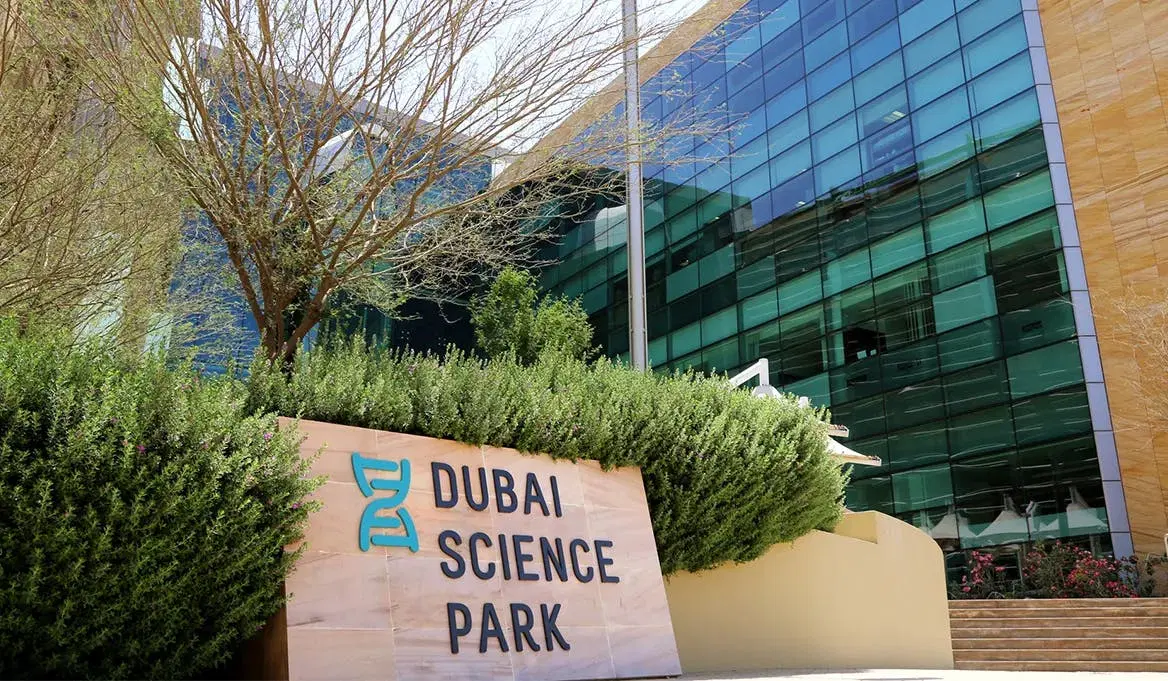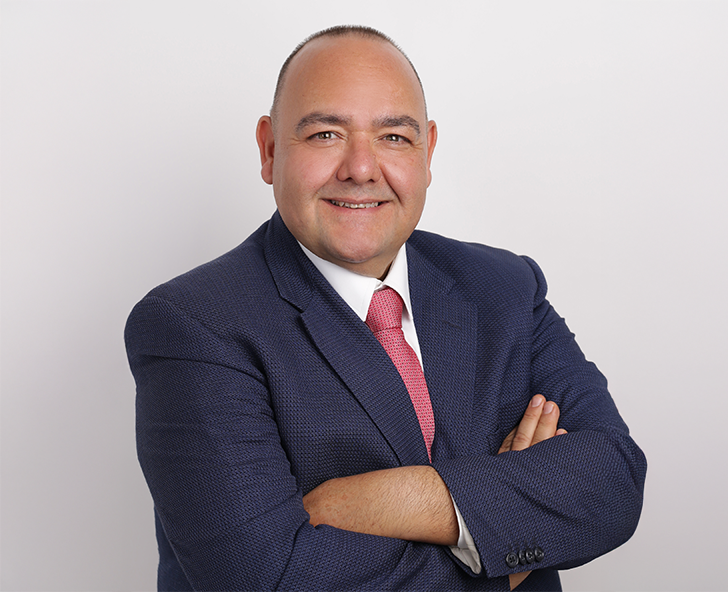About Us
We are committed to providing access to innovative and specialty medicines through strong partnerships and the support of our experienced team. With 12 years of experience and hands-on operations in key emerging markets, we offer smart, practical solutions that help our partners grow, reach more patients, and extend the life of their products.

.avif)
.avif)
Our Growth Story
Inpharmus, formerly known as TRPharm, is a pharmaceutical company that specialises in enabling access to innovative treatments for 350 million people living in major emerging markets
Inpharmus is dedicated to advancing innovation across carefully targeted therapeutic areas, leveraging its expertise to develop and distribute treatments to improve patient outcomes.




.png)






Innovating Healthcare Worldwide
Pioneering advanced solutions to enhance global healthcare, ensuring innovation, accessibility, and better outcomes

Our Vision
To be a global, innovative healthcare company.
Our Mission
To meet health needs with innovative solutions.
.avif)
Our Core Values
Life, Collaboration, Balance, Transformation.
.avif)
Life
We put people and nature at the heart of our relations with our colleagues, physicians, patients and all other stakeholders and aspire to build a sustainable ecosystem.

Collaboration
In all our actions and business activities, we put harmony, unity and efficiency at the center of our interactions and projects, both within our teams and with our stakeholders.
.avif)
Balance
In all areas that we add value, we draw on broad vision and harmony of perspectives, and we observe balance and attentiveness in our actions.
.avif)
Transformation
We adapt to ever-changing conditions that life imposes on us all with resilience and courage. We foresee transformation and changes in needs, respond with agility and grasp new opportunities to achieve our leadership goal.
Executive Committee
Get in Touch
TURKIYE OFFICE: Esentepe Mh. Büyükdere Cd. Kanyon Ofis Bloğu No: 185 Kat: 14 34394 Levent-Şişli İSTANBUL/TÜRKİYE
Toll FREE: +90 212 386 31 30, +90 212 386 31 61
Email: info@inpharmus.com
UAE OFFICE: Dubai Science Park – North Tower 11th Floor Al Barsha South, Dubai, United Arab Emirates
Toll FREE: +971 4835 7899
Russia Office: 4th Lesnoy Lane, 13, tverskoy municipal district, 125196, Moscow, Russian Federation
Toll FREE: +7 495 150 75 06




russia: An Undeniable Market for Rare Disease Therapies
Russia’s pharmaceutical market presents significant opportunities in the field of rarediseases, with a $3 billion market (including NPA), driven by expandingreimbursement through dedicated special funds demonstrating an increasingcommitment to address unmet medical needs.
Inpharmus plays a pivotal role in this space by directlycommercialising products under its full operational control. This end-to-endapproach ensures seamless execution in reimbursement, compliance, and globalstrategy rollout, aligning global standards with local healthcare priorities.

kazakhstan: A Market with Expanding Rare Disease Funding
Kazakhstan is emerging as a high-potential market in CentralAsia, with strong government support driving the healthcare transformation. Therare disease market, valued at $200 million (including NPA), and the oncology& hematology market at $300 million (including NPA), are significantlyshaped by state procurement mechanisms.
A recently established special fund enables thereimbursement of rare and life-saving treatments under the NPA framework,backed by a current budget of $200 million underscoring a growing nationalcommitment to addressing unmet medical needs.
Inpharmus is directly commercialising its products underfull operational control in Kazakhstan. This end-to-end approach ensuresseamless execution in reimbursement, compliance, and global strategy rollout,aligning global excellence with Kazakhstan’s evolving healthcare landscape.

Türkiye: A Foundational Market and Strategic Hub
Türkiye has long been a foundational market for Inpharmusand remains a key strategic hub for regional execution.
The $1.3 billion oncology and hematology market, with asustained 11% CAGR, is supported by a $200 million named patient access (NPA)channel offering near EU/US-level pricing.
The rare diseases market, valued at $600 million including a$300 million NPA channel, is also growing at an 11% CAGR, reflecting ongoingdemand and systemic readiness.
With over a decade of executional excellence, Inpharmusleads in reimbursement, compliance, and global strategy rollout.
Türkiye’s position as a healthcare innovation hub in the region, especially inrare disease diagnosis and treatments, underscores Inpharmus’ critical role inadvancing access and impact across MERAT.

Kyrgyzstan: A Growing Hub For Rare Disease Care
Kyrgyzstan’s evolving healthcare landscape is becoming increasingly receptive to innovative therapies, particularly in the rare and orphan disease space. While the country’s pharmaceutical market is still in its developmental phase, there is a visible shift towards recognizing and addressing high-priority unmet medical needs. Rising public awareness, support from international partners, and government-led health initiatives are collectively driving improvements in diagnosis, treatment access, and reimbursement frameworks.
As part of this transformation, Inpharmus is strategically expanding its footprint in Kyrgyzstan by introducing globally approved therapies adapted to local healthcare requirements. With end-to-end operational oversight, Inpharmus manages everything from regulatory approvals and supply chain management to physician engagement and patient support programs.
The company’s model is rooted in agile execution and deep regional understanding, enabling it to align global standards with local realities. By strengthening collaborations with local stakeholders and ensuring long-term availability of therapies, Inpharmus is helping to build a sustainable ecosystem for rare disease care—one that brings meaningful change to underserved patient communities across the region.

Jordan: Rising Healthcare Needs in Jordan
Jordan is witnessing a steady rise in healthcare demand, fueled by the growing burden of lifestyle-related diseases and a gradual shift in public awareness toward mental health. Non-communicable diseases such as diabetes, hypertension, and heart conditions are increasingly common due to urban lifestyles, dietary changes, and reduced physical activity. These long-term health conditions require ongoing medical support and are driving demand for more structured and accessible healthcare systems.
In parallel, there’s a rising awareness around mental health issues in Jordan, particularly among the youth and urban population. Anxiety, depression, and stress-related concerns are becoming more openly discussed, leading to increased interest in counseling, therapy, and community-based mental health initiatives.
The healthcare system is adapting to this evolving landscape with more focus on preventive care, early diagnosis, and personalized treatment options. As people become more informed about their health, both physical and mental, Jordan’s medical sector is being pushed to offer broader services, better access, and modern therapeutic solutions.

iraq: A Growing Market with a Centralised Procurement System
Iraq presents a high-potential pharmaceutical market, shapedby government-led procurement mechanisms. The oncology and hematology market isvalued at $300 million, while the rare diseases market stands at $125 million,both growing at a robust 12% CAGR.
KIMADIA, Iraq’s central tendering and purchasing authority,remains the exclusive gateway for treatments in oncology, hematology, and rarediseases, making it a critical access point for pharmaceutical companies.
To accelerate access, Iraq has implemented a fast-trackevaluation process that shortens registration timelines to nine months,enabling faster delivery of life-saving treatments to patients in need.
Inpharmus has been active in Iraq since 2022, contributingto improved access to innovative therapies across high-need therapeutic areas.

the gcc: A High-Growth Region for Lifesaving Therapies
The Gulf Cooperation Council (GCC) region continues todemonstrate strong momentum in the pharmaceutical sector, particularly inoncology and rare diseases.
* The oncology and hematology market has reached $1.1 billion, growing at a 13% CAGR.
* The rare diseases market stands at $650 million, with a 12% CAGR.
The region benefits from established named patient access(NPA) pathways for early launches, alongside clear regulatory frameworks thatenable timely marketing authorisation (MA) and reimbursement often with pricingclose to EU/US levels.
The GCC is also characterised by a high prevalence ofimmunodeficiency, neurodegenerative, and inherited metabolic disorders, largelydue to a high rate of consanguineous marriages, creating a pressing need forinnovative, life-saving therapies.
With its commitment to aligning global strategies withregional needs, Inpharmus is uniquely positioned to unlock the full potentialof this high-growth market.

algeria: A Market with Strong Oncology Demand
Algeria, the second-largest pharmaceutical market in Africa,presents significant growth potential in oncology and hematology. The market isvalued at $780 million, growing at a 12% CAGR, and is shaped bygovernment-controlled procurement mechanisms.
The Ministry of the Pharmaceutical Industry (MOPI) hassignificantly accelerated drug registration timelines, reducing them to aslittle as six months for life-saving treatments.
In addition, Algeria has implemented a Named Patient Access(NPA) program that allows temporary authorisation of therapies for seriousdiseases with no available alternatives prior to full market approval.
Inpharmus has been active in Algeria since 2021,contributing to improved access to rare disease and oncology therapies in thishigh-need market.

Albania: The Growing Demand forHealthcare
Albania is experiencing a growing demand for healthcare services, driven by an increase in chronic illnesses and mental health challenges. Chronic diseases like diabetes, hypertension, and cardiovascular issues are becoming more prevalent, creating an urgent need for long-term care, monitoring, and lifestyle management. These conditions require continuous medical attention and have placed pressure on Albania's healthcare infrastructure.
Mental health is another critical area where demand is rising. With the increasing awareness around mental health, more individuals are seeking therapy and support for conditions like depression, anxiety, and stress. This shift indicates a growing recognition of the importance of mental well-being in overall health.
Additionally, lifestyle-related diseases, such as obesity, respiratory problems, and other non-communicable diseases, are contributing to the rising healthcare needs. In response to these trends, there is a greater emphasis on preventative measures, early detection, and a more holistic approach to healthcare that addresses both physical and mental health concerns. The growing healthcare demand in Albania reflects a need for more specialized services and an integrated approach to care for chronic and mental health issues.

North Macedonia: Transforming the Future of Rare Disease Treatment Access
In North Macedonia, the treatment and management of rare diseases remain a challenge for both patients and healthcare providers. Although there has been some progress in recent years, rare disease patients still face significant barriers to care. One of the main issues is the limited awareness and knowledge of these conditions among healthcare professionals, which can delay diagnosis and treatment. Additionally, there is a shortage of specialized healthcare facilities and trained medical staff to handle these complex cases.
The government has initiated some positive steps, such as creating national registries for rare diseases and participating in international collaborations to improve access to treatment. However, due to limited funding and resources, many patients struggle to access the treatments they need. High treatment costs and the lack of local specialists force many families to seek medical assistance abroad, often resulting in financial strain.
Although progress is slow, there is growing recognition of the need to address these challenges, and efforts are being made to improve the healthcare system for those suffering from rare diseases in North Macedonia.

Tunisia: The Growing Demand for Healthcare in Tunisia
In Tunisia, there is a noticeable rise in the demand for healthcare services, largely driven by the increasing prevalence of chronic conditions and mental health concerns. Chronic diseases like diabetes, hypertension, and heart disease are becoming more common, leading to a higher need for ongoing medical care, medication, and lifestyle management programs.
At the same time, mental health is emerging as a key area of focus, with more individuals seeking therapy for stress, anxiety, and depression. As mental well-being becomes a priority, there is a growing need for accessible mental health services.
Furthermore, lifestyle diseases such as obesity and respiratory conditions are on the rise, further contributing to the growing demand for healthcare services in the country. In response, there is a stronger focus on prevention and early intervention, alongside specialized treatment options for chronic and lifestyle-related health issues. This trend highlights a shift towards comprehensive healthcare that addresses both physical and mental health needs.
.avif)


.avif)

.avif)

.avif)
.avif)
.avif)
.svg)